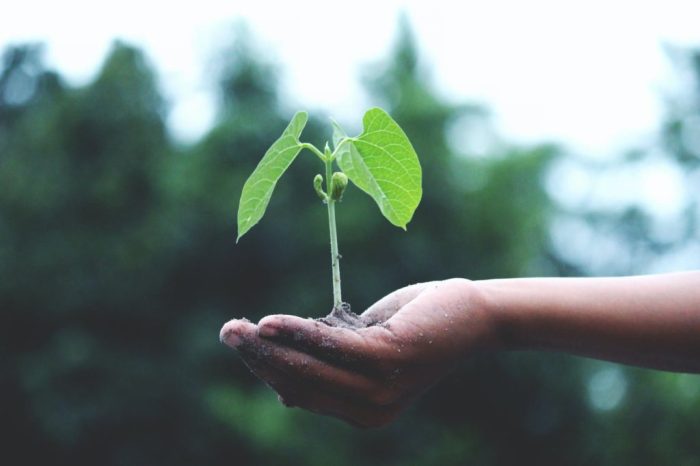Greenwashing, also known as green sheen, is a troubling trend that deceives consumers into thinking what they’re purchasing is sustainable or eco-friendly when the opposite is true. With climate change gaining attention, most people are trying to be more conscious of their environmental impact.
Read on for information on how to measure sustainability, in what ways we can fall victim to greenwashing, and how to avoid it.
Measuring Sustainability
Measuring how sustainable something or someone is can be challenging. It’s necessary to use quantitative methods to measure indicators of sustainability, including social, environmental, and economic factors. ESG (Environmental Social Governance) has created a framework in which sustainability’s defined and measured. It’s a holistic approach in which every aspect is taken into consideration. This is a great way of creating a standardized framework to deal with the complexities of measuring sustainability.
Falling Victim to Greenwashing
It’s easy to fall victim to greenwashing in all aspects of life. This can range from the car you drive, the clothes you buy, and even the way you drink.
The fast fashion industry is the second most polluting industry in the world, after the oil industry. The impact fast fashion has on the planet is destructive. However, brands such as Monki claim their clothes are environmentally friendly, when in fact, they are not.
Another greenwashing example is buying a brand new electric car instead of carrying on with your well-used car. With claims of having low emissions and being eco-friendly, it’s easy for consumers to buy into this trend. However, there’s little thought given to the pollution caused at the factory when these cars are made or even the air miles used in transporting a car across the world.
If you don’t yet feel like a victim of greenwashing, consider your kitchen cupboards. How many reusable water bottles do you own? The idea of using a reusable water bottle is that it’s only necessary to own one. However, most people own a handful of bottles.
Companies have realized and grown with the concept of people no longer wanting single-use plastics. In this way, they have developed a need for consumers to continue buying their brand in the name of being “eco-friendly.” For example, they need to have a variety of sizes and various materials from glass to stainless steel. This is to continue to stay relevant and have the customer come back to buy the brand again. This is a classic example of falling victim to greenwashing.
How To Avoid Greenwashing
Greenwashing’s very difficult to avoid. As discussed, it’s easy to fall victim to something if you think you’re doing the right thing. Here are some ways to try and avoid it:
- Only buy what you need: this is the easiest way to make sure you don’t consume more than you need to and the quickest and easiest way to avoid buying into greenwashing.
- Remember, style is eternal: It’s easy to get caught up in the latest fashion fads. Remember that key pieces last forever and if it’s a trend – be sure to avoid it. If you’re in doubt, ask a friend to borrow their clothes or buy the item second-hand.
- Be wary of buzzwords: if something is surrounded by nature and greenery, look for more details and be aware of the fact the company’s trying to highlight how eco-friendly it is.
Overall, remember to question where things are coming from and be more mindful of the choices you make. While it’s difficult to measure sustainability, it’s easy to try and live a more eco-conscious lifestyle.








Pingback: Sustainability: What It Means and How It’s Changing